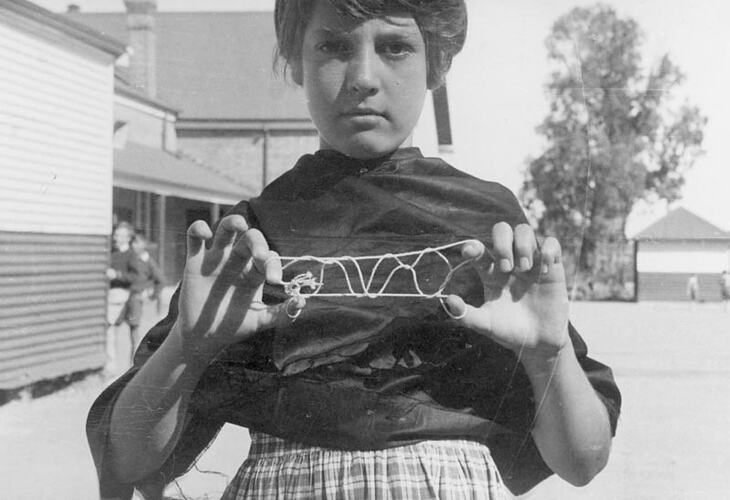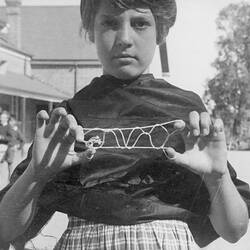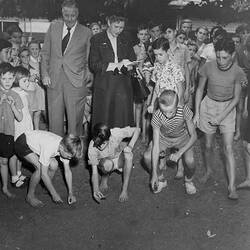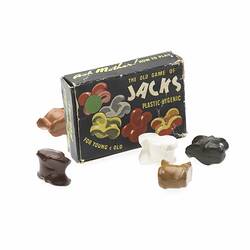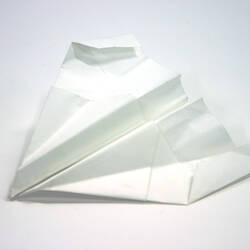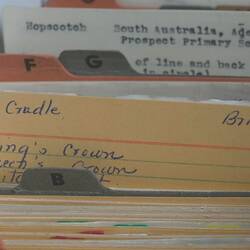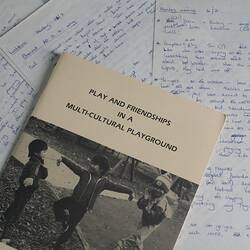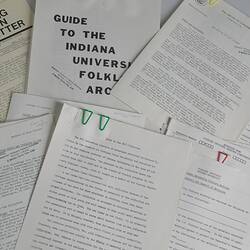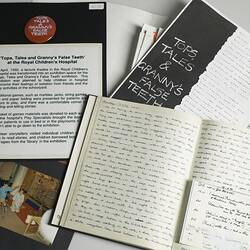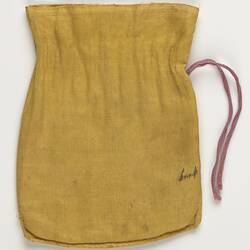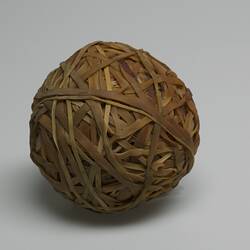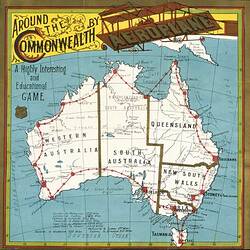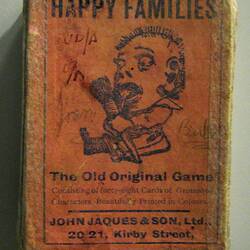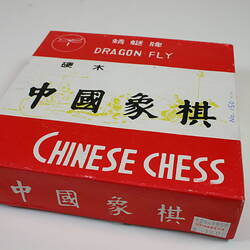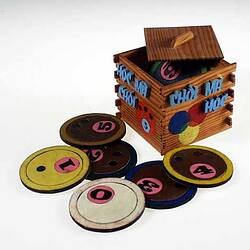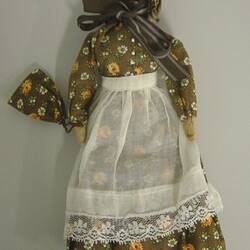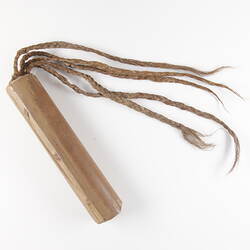Childhood is universal and children's play is universal. Play is essential to every aspect of children's development: social, physical and cognitive. Play fosters important social skills, including sharing, turn-taking, and developing and consolidating friendships. It is an essential arena for the expression of children's feelings, such as anger, love and joy. At the same time, children willingly engage in complex physical activity in a social environment they themselves create. A by-product of their energetic and tireless play is the enhancement of co-ordination, balance and a range of motors skills.
Play provides children with the opportunity to be in control and make their own choices, without the direction of adults. Young children spend most of their time playing and it is through play that children discover the world around them and have fun doing it!
It is through imaginative and subversive play that children explore the world around them. Physical skills of co-ordination, balance and fine motor control are acquired whilst mastering the intricacies of the new skills being learned through play. Rhymes, jokes and chants assist children to develop their language skills and enhance their memory.
Through traditional game-playing children learn about the rules and values of their cultures. This is particularly significant for Australia's multicultural society where playing traditional games can be used to promote inter-cultural acceptance and understanding of others. Games have been played in essentially the same way for thousands of years. Whilst every generation of young children imitates, and changes, the play of the older children they observe and admire, both time and differing cultures influence the universal features of children's play. Immigration, the media, and the accident of forgetting and invention all help shape and alter the game and verbal lore.
Play is part of everyone's heritag, linking past, present and future.
More Information
-
Keywords
Australian Children's Folklore Collection, Child Development, Children, Children's Folklore, Children's Play, Early Childhood Development, Education, Educational Technology, Folklore, Games, Handmade Games & Toys, Hobbies, Toys
-
Localities
-
Authors
-
Article types
